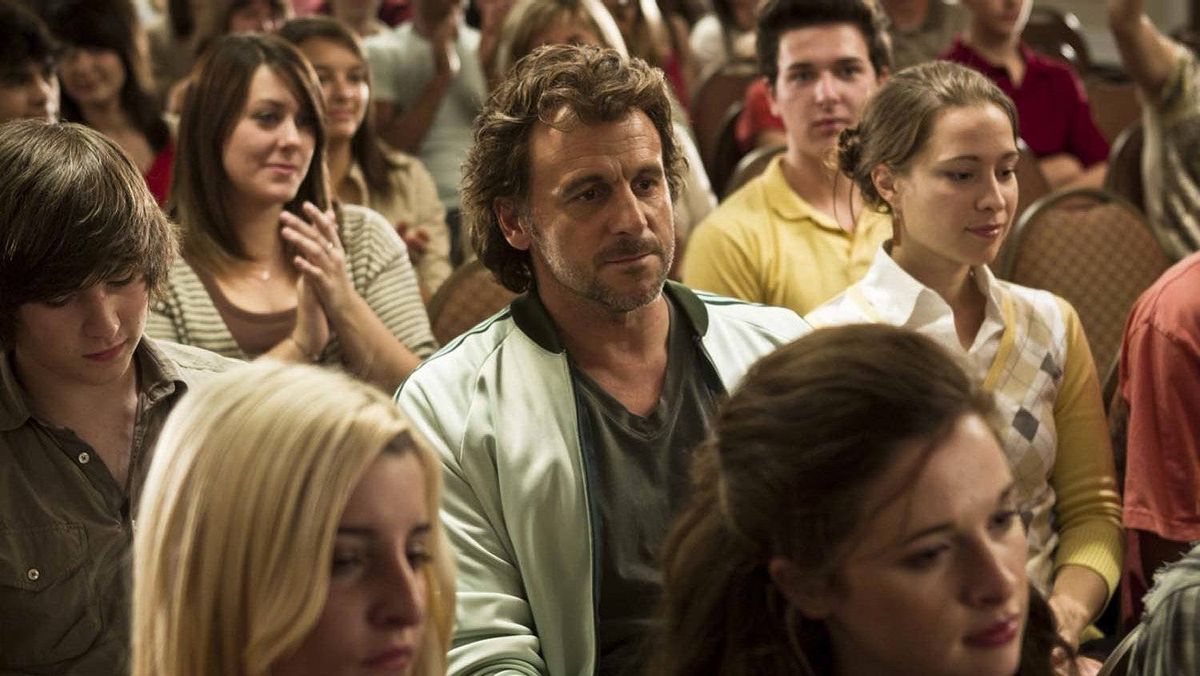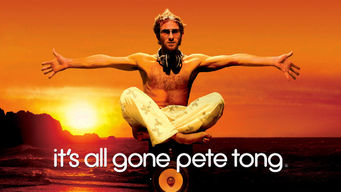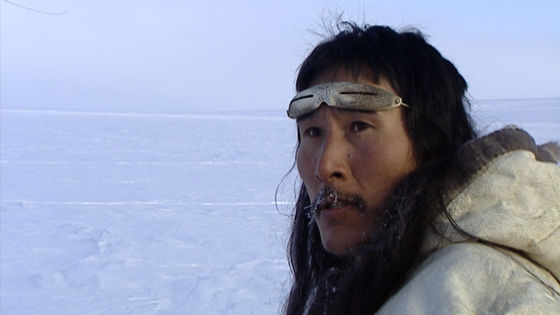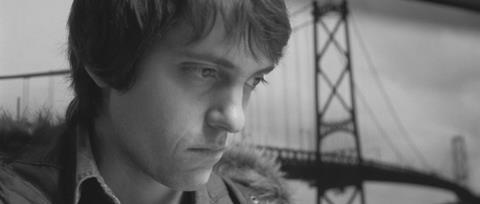VIFF Staff Picks – Best Canadian Films, Part Three

We are rounding out this month’s VIFF Staff Picks (Best Canadian films) blog series with our final four staff film choices. Parts one, two and three of this series have brought out a wide range of film choices from 12 of our very own, showing that film really does have the ability to move and affect each one of us in beautifully different ways.
As you deep dive into our favourite Canadian films, take a moment to check out our Canadian Film Week line up, which takes place at VIFF Vancity Theatre at April 14th to April 23rd. It’s going to be a great celebration of Canadian film!
Starbuck (2011)
“May I recommend Starbuck? More important than whether it is the best Canadian film or my personal favourite (which are both highly subjective categories), Starbuck is simply a real pleasure, and easy to see: it’s currently on Netflix. Winner of VIFF’s “2011 Most Popular Canadian Film Award” Ken Scott’s highly entertaining hit is a breezy and inventive Québécois comedy about a sad-sack who is shocked to learn that he’s the father of over 500 children. It seems that his return trips to the sperm-bank to make small change have been less impotent than his marijuana farm. His subsequent efforts to meet some of the people he’s had a small part in bringing into the world – and to redeem himself – are hilarious and often quite moving. Yes, there was a Hollywood remake, but go to the source.” – Alan Franey, Director of International Programming

It’s All Gone Pete Tone (2004)
It’s All Gone Pete Tone by famed Canadian filmmaker Michael Dowse (Fubar, F Word, Goon) marks one of my favourite Canadian “movie memories”. Written and directed by Dowse, this film about Frankie Wilde (played by Paul Kaye, who had a wicked role on GOT Season 4 and recently in Ricky Gervais’ Afterlife), a DJ who goes completely deaf. The title is a reference to a rhyming slang phrase used in Britain from the 80s to present day, referring to the BBC Radio 1 DJ Pete Tong, standing for “it’s all gone wrong.” The multi-award winning movie, including Best Canadian Feature at TIFF in 2004, was filmed on location in Ibizaa and featured several famous DJs, who appear in the film as “talking heads”, giving the film a true sense of authenticity. Carl Cox, Tiësto, Sarah Main, Barry Ashworth, Paul van Dyk, Lol Hammond and Tong appear in the film. In its’ day this film more than indulged my EDM guilty pleasure and was a hallmark of the intelligent, engaging and ironic fare Michael Dowse is known for. I’m super excited he’ll be back in BC soon shooting his upcoming feature! – Jacqueline Dupuis, Executive Director

The Fast Runner (2001)
“My choice is Atanarjuat or The Fast Runner.
Every frame was new to me – I didn’t know anything about the Inuit language, Inuktitut, very little about the Inuit way of life and nothing about a story of theirs that was 1,000 years old. The film was like ballet-poem to me – aspects of my own country’s north opening up like a giant fairy story book in movement. When it won the Camera d’Or at Cannes I was beside myself with pride.” – Melanie Friesen, Cinema Salon Producer

Polytechnique (2009)
“I am a huge fan of Denis Villeneuve. I thought long and hard about what my favourite Canadian film was but I kept returning to his work. He has consistently been creating instant classics and crossing genres, which has made him one of the most exciting filmmakers working today. It was very hard for me to not pick his grief family drama Incendies (2010) or the doppelgänger mystery Enemy (2013), but to craft a film with incredibly heavy subject matter at such an earlier point in his career forced me to choose 2009’s unnerving and melancholic Polytechnique.
Villeneuve observed one of Canada’s darkest moments in history to create a film that condemns the actions of this monster but also serve a warning that this way of thinking still exists here now. It was only in 2018 when the Toronto van terrorist attack occurred that made Polytechnique as relevant now as it was then. Both events happened in Canada and both were fuelled by a hatred of women. The decision to never name the killer allows this story to live outside this single event.
Shot out of sequence, the drama builds until the terrifying actions take place in this school and it is as shocking as anything I have ever seen in film. It is a fine line between building tension around a tragedy and entertaining as cinema but this is early proof that Villeneuve is more than capable. Steven Spielberg chose a black and white format for Schindler’s List because he wanted to add no colour or life to the holocaust. Villeneuve has done the same here to similar effect.
It is specific scenes that play here and there throughout Polytechnique that make this sad story so unique and impactful. The scenes are sequenced in a non chronological format so we also experience the grief and regret of the friends, the families and especially the survivors surrounding this attack. We see the broken nerves and hearts of a community and as the audience we cannot help but feel it as a country, even 30 years later. This is not an easy watch but I have aways loved films with honesty, even if they are difficult to watch. Polytechnique is filled with quiet moments and moments of chaos, entirely layered with emotion resulting in a devastatingly raw docudrama.” – Hogan Short, Volunteer Writer

